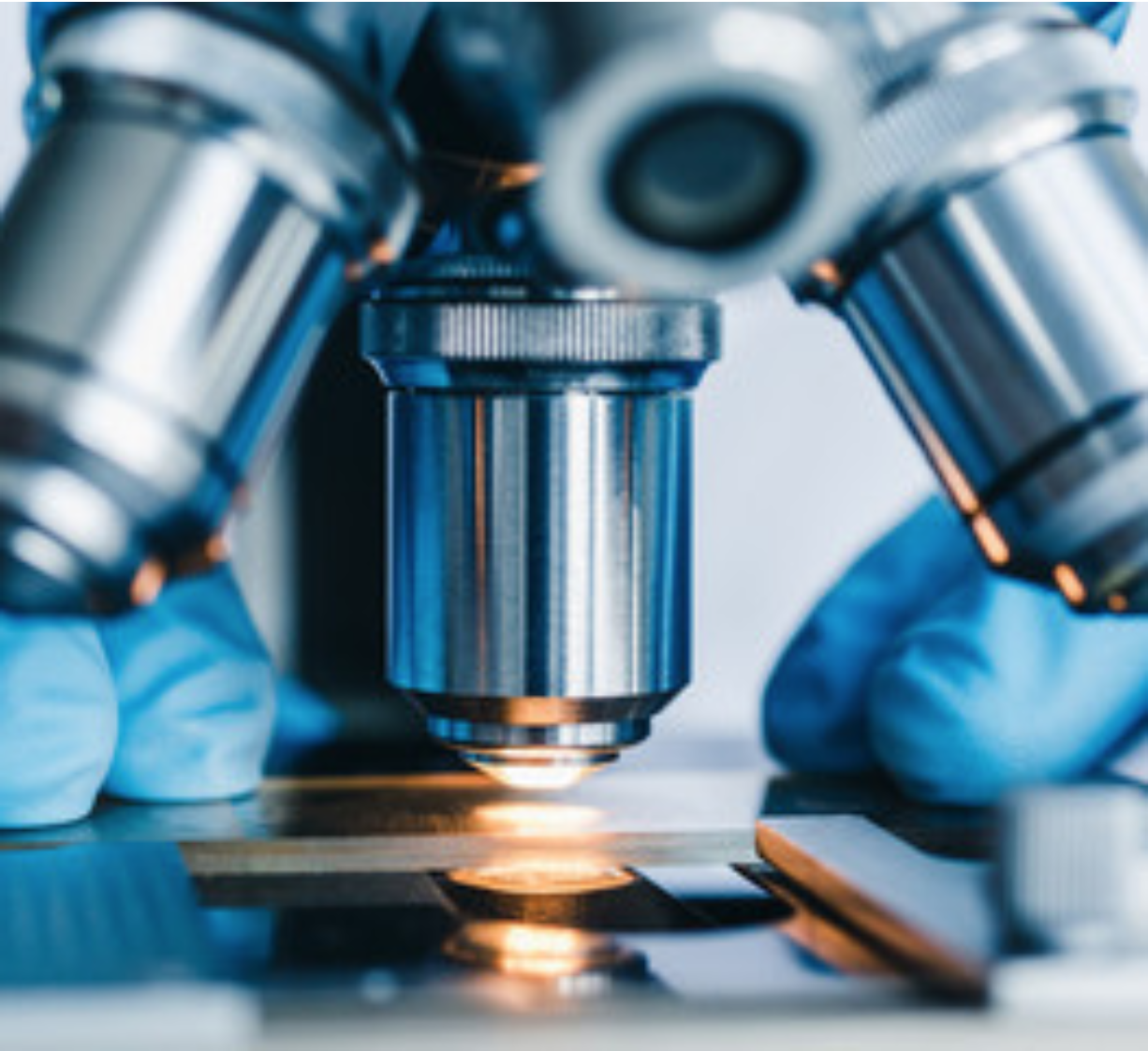SD EPSCoR News
NASA EPSCoR Project Office Opportunities

New Opportunities from NASA EPSCoR National Project Office
Guidelines:
- States (South Dakota) may submit ONE proposal per task.
- Proposals MUST be submitted by the state NASA EPSCoR Director (Ed Duke)
- Persons interested in developing a proposal must contact Ed Duke; in cases where more than one group is planning to propose to the same task, a down-selection process will be required
- Proposal length: 2-3 pages
- Proposals due: January 6, 2020
- Maximum funding and period of performance: up to $100,000 per proposal for period not to exceed one year (anticipate 20 awards in this cycle)
Topical areas (see also attached worksheet):
- Science Mission Directorate Planetary Division
Extreme Environments applicable to Venus, Io, Earth volcanoes and deep sea vents
Examples:
- High-Temperature Subsystems and Components for Long-Duration (months) Surface Operations:
- Aerial Platforms for Missions to Measure Atmospheric Chemical and Physical Properties:
- Extreme Environment Aerobot
- Commercial Space Capabilities Office
- Renewal of Previously Selected Cycle 1 CSCO R3
- Landed Sensing of Mars Ice
- Improvement of Space Suit State of Art
- Science Mission Directorate Earth Sciences Division
Research Topics to Address Earth System response to disasters
Examples:
- Oil spills (e.g. improved mitigation strategies; further understanding of oil distribution through time; comparison between spills in similar settings)
- Hurricanes (e.g. impacts on coastal communities/ecosystems and subsequent recovery; comparison of storm types and ecosystem damage)
- Wildfires (linkages of various wildfires (type, extent) to climatic conditions; societal impacts; recurrence and ecosystem response)
- Harmful algal blooms (e.g. impacts on air/water quality; comparison of climatic conditions for different blooms; comparison of blooms across regions)
- Volcanic eruptions (e.g. atmospheric composition/distribution of plumes of same volcano through time)
- NASA Space Life and Physical Sciences and Research Applications
- Physical Sciences Program — Dusty Plasmas
- Fluids Physics and Combustion Science — Drop Tower Studies
- Combustion Science — Transcritical Combustion
- Physical Sciences Program — Quantum Effects
- Fluid Physics — Flow Boiling in Reduced Gravity
- Physical Sciences — Physical Sciences Informatics System
- Bioinformatic Analysis of Space Biology Data in the NASA GeneLab Data System
- Space Biology Program — Biofilms and the Built Environment
- Space Biology Program — Plant and Microbial Interactions
- Physical Sciences Program — Extraction of Materials from Regolith
- Space Biology Program — In-Situ Food Safety Monitoring
- Kennedy Space Center Partnerships Office
- Conversion of CO2 into Fuel
- Evaluation of Low Pressure Air Plasma for Passivation of Metal Components
- Goddard Space Flight Center Computational and Information Sciences and Technology Office (CISTO)
- Computational and Technological Advances for Scientific Discovery
Proposers are encouraged to contact the research task point of contact (POC) listed on page 4 of the RFP for clarification/information on the tasks.
______________________________________________
Edward F. Duke, Director
South Dakota Space Grant Consortium and
South Dakota NASA EPSCoR Program
501 East Saint Joseph Street
Rapid City, SD 57701-3995
Phone: 605-394-2388
Email: Edward.Duke@sdsmt.edu
______________________________________________
 National Science Foundation RII Track-1 Project:Expanding Research, Education and Innovation in South Dakota
National Science Foundation RII Track-1 Project:Expanding Research, Education and Innovation in South Dakota